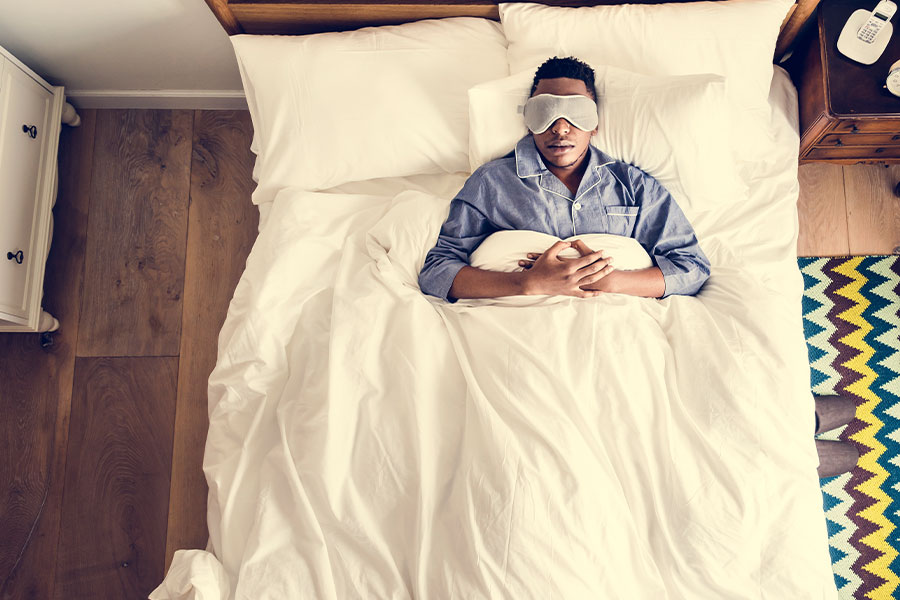
Sleep hygiene is the collective term given to the practices and behaviours we can use to help get a better night’s sleep. Sleep hygiene practices were originally developed to help treat people with mild to moderate insomnia, the idea being that if improvements can be made to a number of individual sleep promoting behaviours and habits, then the overall additive effect will be a healthier more restful sleep. Moving away from the clinical setting, sleep hygiene techniques and practices have a big role to play in general public health, as poor quality, limited sleep is a global concern. Short sleep duration can be defined as less than 7 hours sleep in a 24 hour period and unfortunately due to the pressures and culture of today’s world, many of us will fall into this category.
Sleep hygiene education is an effective tool that we have at our disposal to help people increase their amount of good quality sleep.It aims to inform people about sleep promoting behaviors and habits that are often very simple and straightforward. Educating people on sleep hygiene doesn’t require a trip to a doctor or sleeping pills, and the simple changes made through improving your sleep hygiene can be extremely effective. Of course there may be clinical disorders affecting some people’s sleep and in that case clinical intervention may be needed. However for the majority of the general population small, simple improvements in sleep hygiene can be very beneficial for both physical and mental wellbeing.
Over the next few weeks we will be looking at various aspects of sleep hygiene and strategies to improve sleep hygiene. Hopefully this will enable you to create an enhanced sleep/bedtime routine which should lead to a more restful night’s sleep. Even if you can implement a couple of the changes we will be suggesting, your sleep hygiene will be improved.
- Insufficient sleep is a global concern
- Insufficient sleep can negatively affect health
- Sleep hygiene can improve sleep quality



